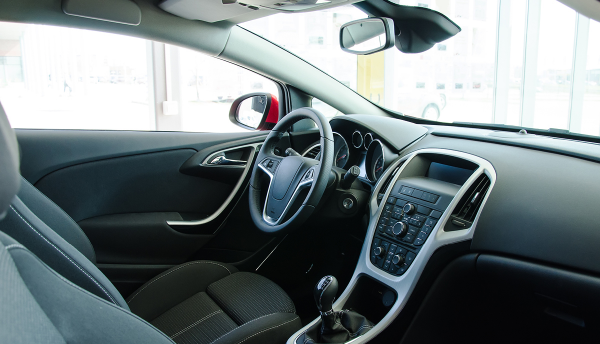
Visteon has agreed to divest the majority of its automotive interiors business to an affiliate of Cerberus Capital Management. Cerberus is perhaps best known in the automotive industry for its brief ownership of Chrysler. Visteon says 90% of its interiors business is now under contract, offer or sold. Visteon has advised a new focus on core growth businesses, of thermal management and cockpit electronic ecosystems.
The operations to be sold to the Cerberus affiliate produce cockpit modules, instrument panels, door panels, and floor consoles, with revenues of approximately USD1 billion in 2013. Operations include 15 manufacturing plants, five just-in-time assembly plants and six engineering centres in Europe, Asia and South America.
Cerberus will assume USD20 million in pension and other liabilities; Visteon will retain ownership in some real estate and other assets in South America and Europe worth USD35 million. Visteon has also agreed to provide USD90 million in revolving credit to bridge the deal, to be paid back by Cerberus.
Visteon purchased Johnson Controls' electronics business in January 2014 and is on developing a connected cockpit solution with Renault and opening a new innovation centre. Shifting from commoditised interior components to the electronics and connected car systems that are expected to be central and critical for automotive systems going forward should set the company up for more profitable business in the longer term.
Automotive suppliers’ involvement with private equity has come a long way since the last time both were linked in 2008. Then automakers and suppliers were reaching out for lines of credit as banks froze and lending tightened. Now private equity firms are providing a completely different opportunity to suppliers; as a means of selling on unprofitable units. The moves will be met with groans in the purchasing departments that have to deal with them now, as private equity-owned suppliers are less willing to capitulate to increasing pricing pressure by OEMs and will fight vehemently for price rises in components supplied to the customers.
Visteon is not the only tier one to sell off its interiors business to private equity recently. Johnson Controls sold part of its business to an affiliate of private equity firm Atlas Holdings. The Atlas sale saw JCI retaining the portion of the interior business that makes door panels, instrument panels and floor consoles, with reports indicating that the unit generates USD4.2 billion in annual revenue. In an interview in January, the president of JCI’s seating operation said that seats and batteries were the company’s core automotive units, and that the entire interiors industry was unprofitable and that suppliers needed to consolidate.
In April, Johnson Controls acquired Air Distribution Technologies, a provider of air distribution and ventilation products in North America. The acquisition is being moved into the company’s non-automotive building efficiency business. JCI’s building efficiency sectors accounted for 34% of sales in 2013.
Greater scrutiny for private equity
As an interesting addendum to further private equity deals, this last week has seen the announcement that private-equity firms, after decades of operating with limited regulatory scrutiny, are facing possible sanctions and tighter oversight after the US Securities and Exchange Commission uncovered improprieties at most firms.
The SEC found illegal fees or severe compliance shortfalls in more than half of the firms it examined since starting a review of the USD3.5 trillion industry two years ago. In addition to tighter regulation and scrutiny of fees, private equity firms are also facing a battle over favourable tax rates that allow many hedge fund and private equity fund managers to pay a low tax rate on much of their earnings.








